
下载亿题库APP
联系电话:400-660-1360

下载亿题库APP
联系电话:400-660-1360

请谨慎保管和记忆你的密码,以免泄露和丢失

请谨慎保管和记忆你的密码,以免泄露和丢失
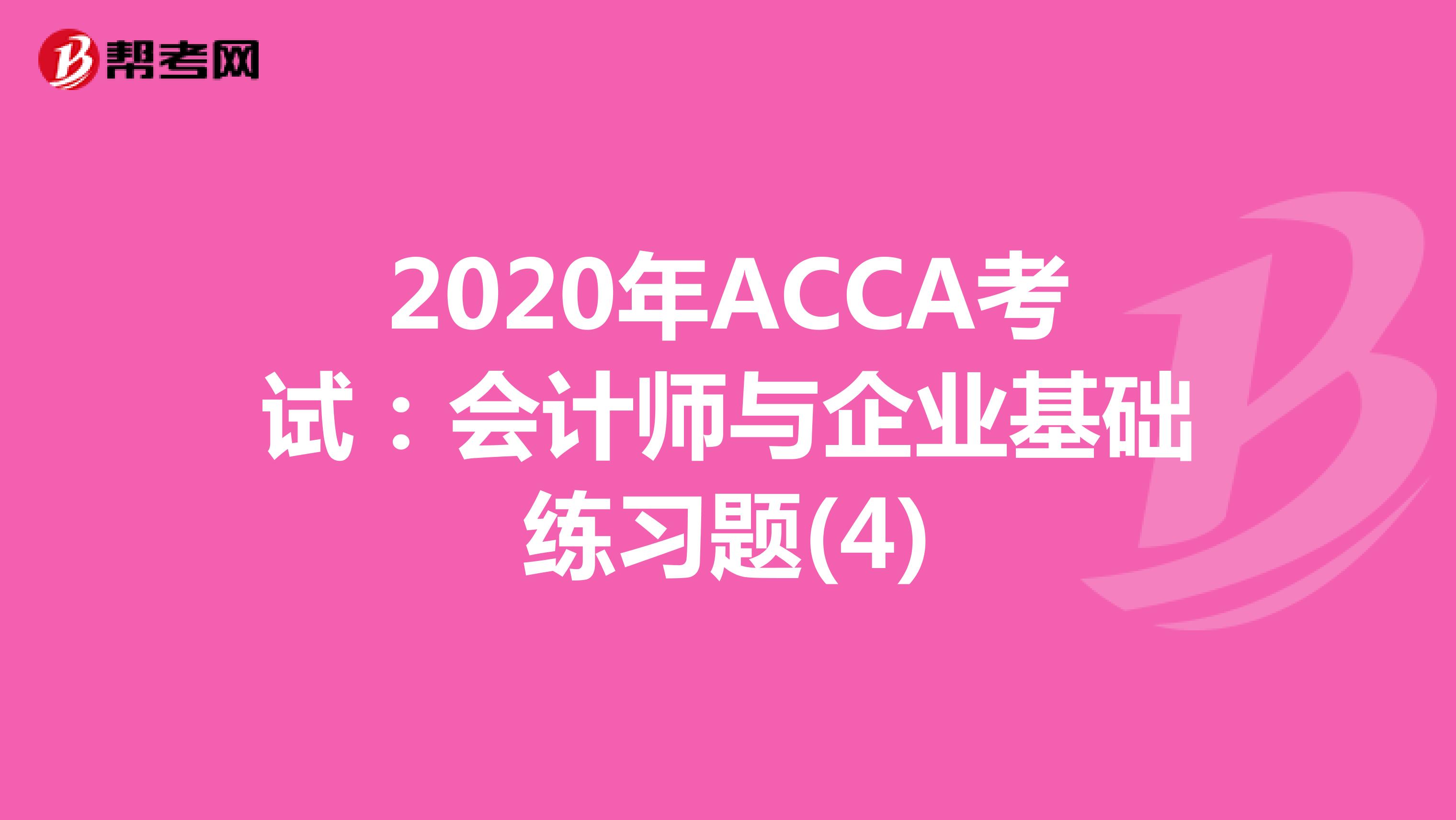
今天帮考网为大家带来2020年ACCA考试:会计师与企业基础练习题(4),希望对你们备考有所帮助,备考的小伙伴一起来看看吧。
Question:The directors of Frit ton have just been told by their accountants of a loophole the accountants believe they can exploit through trading in a certain country abroad, the Southern Equatorial Republic. They can exploit this country\'s tax regime by electing that their worldwide profits are treated as taxable there and, because the tax rate there is very low, paying very little tax. This will mean that Frit ton will have zero chargeable profits and will not be taxed in its home country.
However, there has been considerable adverse publicity in Frit ton’s home country about the use of this loophole. The local tax authorities are also investigating whether the loophole is valid.
The tax situation was discussed at a recent board meeting. Which of the following views expressed at the meeting is an example of a pre-conventional method of reasoning using Kohlberg\'s framework?
A. We should not make the most of small print in the tax legislation to avoid our obligations to the society we operate in.
B. If our government wants us to stop channeling our profits through the Southern Equatorial Republic, it should give us more tax concessions itself.
C. We do not yet know whether the loophole is legal or not.
D. Why shouldn\'t we do what other companies are doing and make the most of the loophole.
The correct answer is if our government wants us to stop channeling our profits through the Southern Equatorial Republic, it should give us more tax concessions itself. The argument is based on the idea of the government making an effective bargain with Frit ton to stop using the loophole.
解析:Why shouldn\'t we do what other companies are doing and make the most of the loophole is conventional reasoning at the lower level (why should not we do what everyone else is doing). We do not yet know whether the loophole is legal or not is an example of conventional reasoning at the higher level (we should be sure we are obeying the law). We shouldn\'t make the most of small print in the tax legislation to avoid our obligations to the society we operate in is an example of post-conventional reasoning (we should do what\'s right, despite what everyone else is doing and what the law allows us to do).
今天的试题分享到此结束,预祝各位小伙伴顺利通过接下来的ACCA考试,如需查看更多ACCA考试试题,记得关注帮考网!
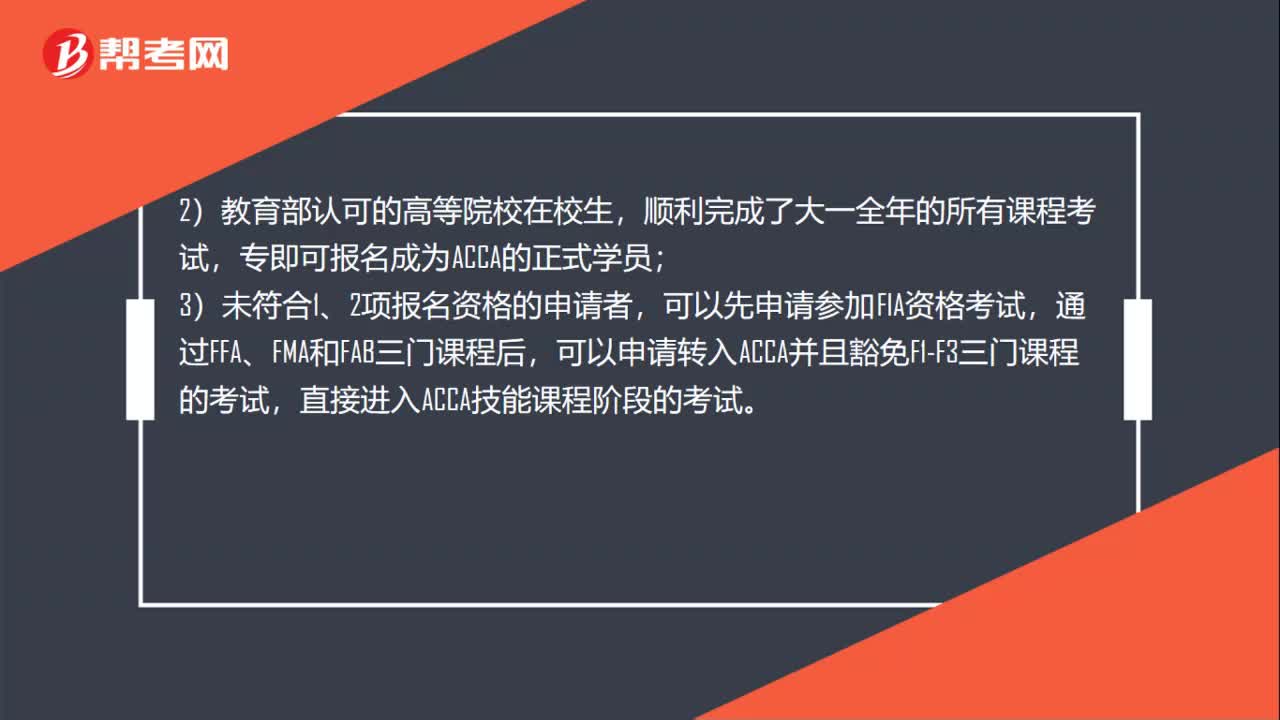 63
63ACCA报考有年龄限制吗?:ACCA报考有年龄限制吗?ACCA报考是没有年龄限制的,报名参加ACCA考试,1.凡具有教育部承认的大专以上学历,即可报名成为ACCA的正式学员;顺利完成了大一全年的所有课程考试,专即可报名成为ACCA的正式学员;3.未符合1、2项报名资格的申请者,可以先申请参加FIA资格考试,通过FFA、FMA和FAB三门课程后,可以申请转入ACCA并且豁免F1-F3三门课程的考试。
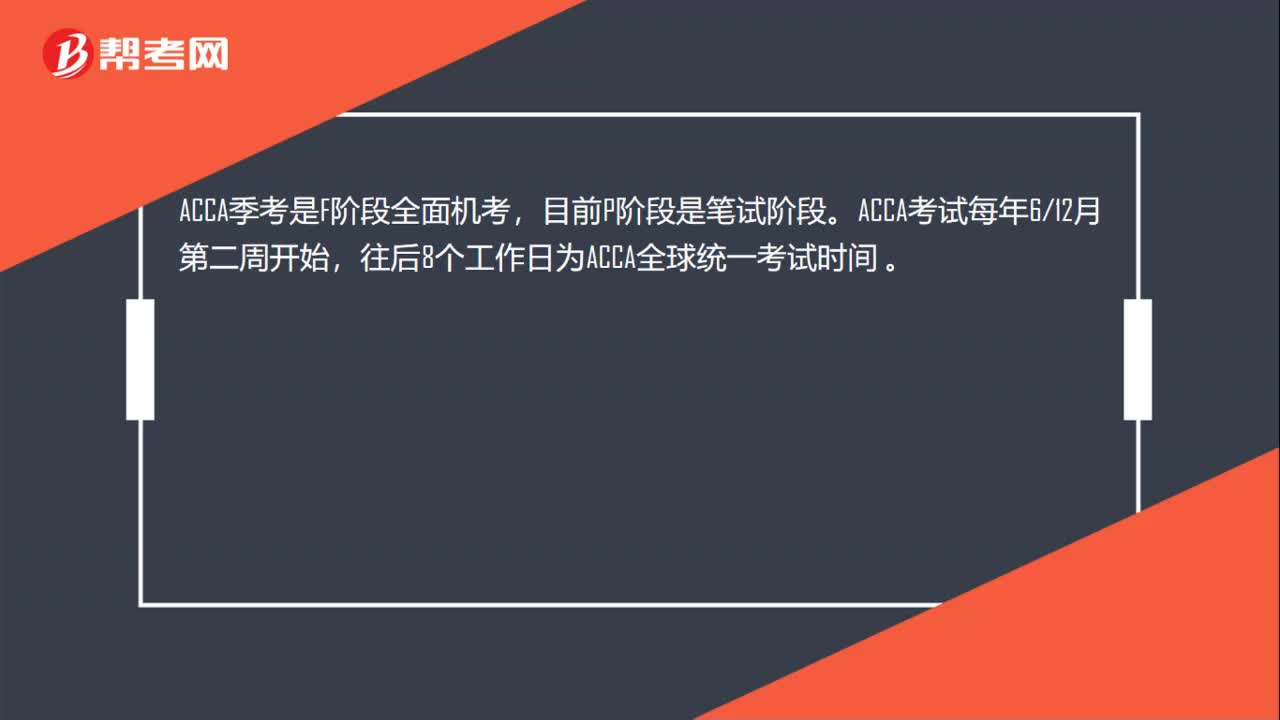 25
25ACCA每年的考试时间是什么时候?:ACCA每年的考试时间是什么时候?ACCA季考是F阶段全面机考,目前P阶段是笔试阶段。ACCA考试每年612月第二周开始,往后8个工作日为ACCA全球统一考试时间。
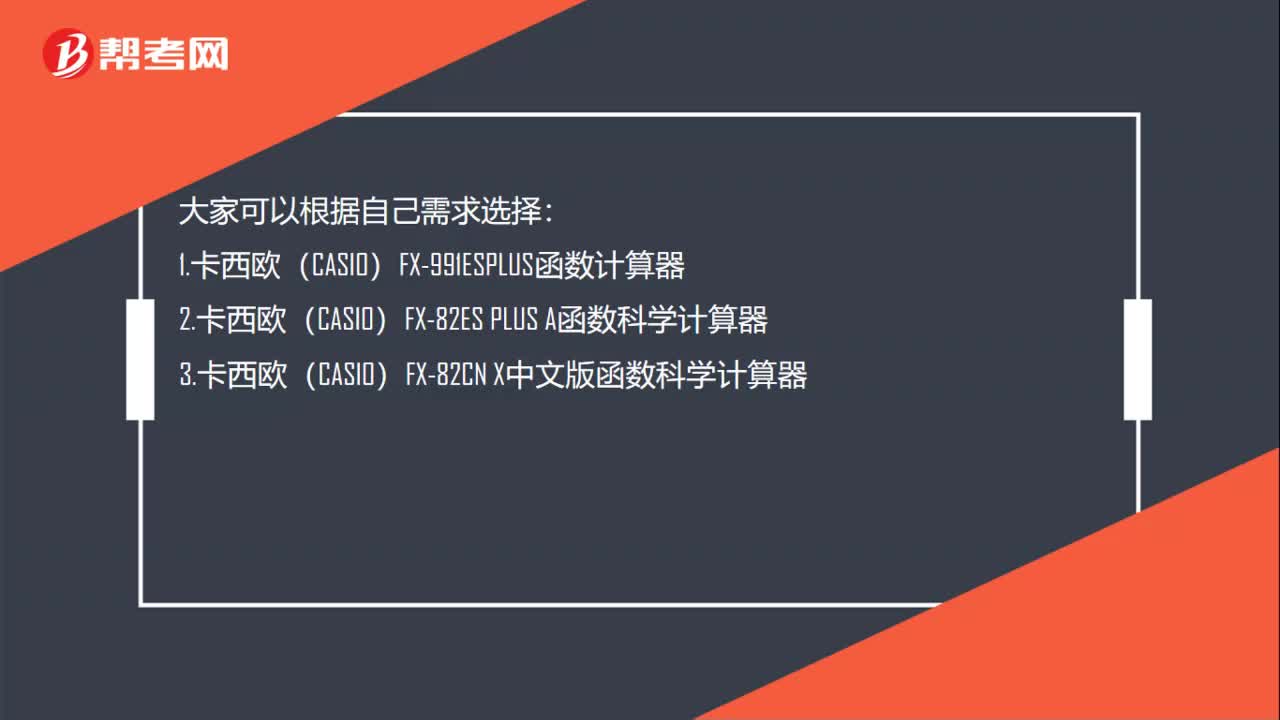 21
21ACCA考试用什么计算器?:ACCA考试用什么计算器?大家可以根据自己需求选择:1.卡西欧(CASIO)FX-991ESPLUS函数计算器2.卡西欧(CASIO)FX-82ESPLUS A函数科学计算器3.卡西欧(CASIO)FX-82CNX中文版函数科学计算器
 01:03
01:032020-06-04
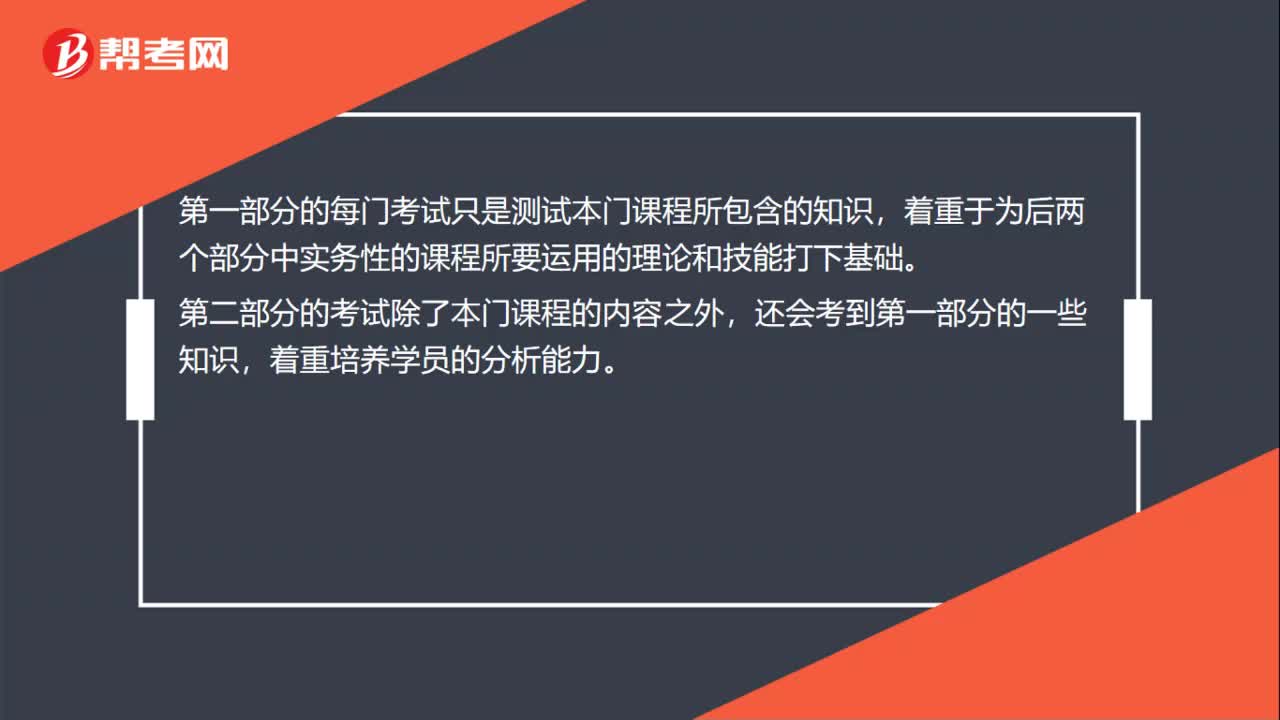 01:20
01:202020-06-04
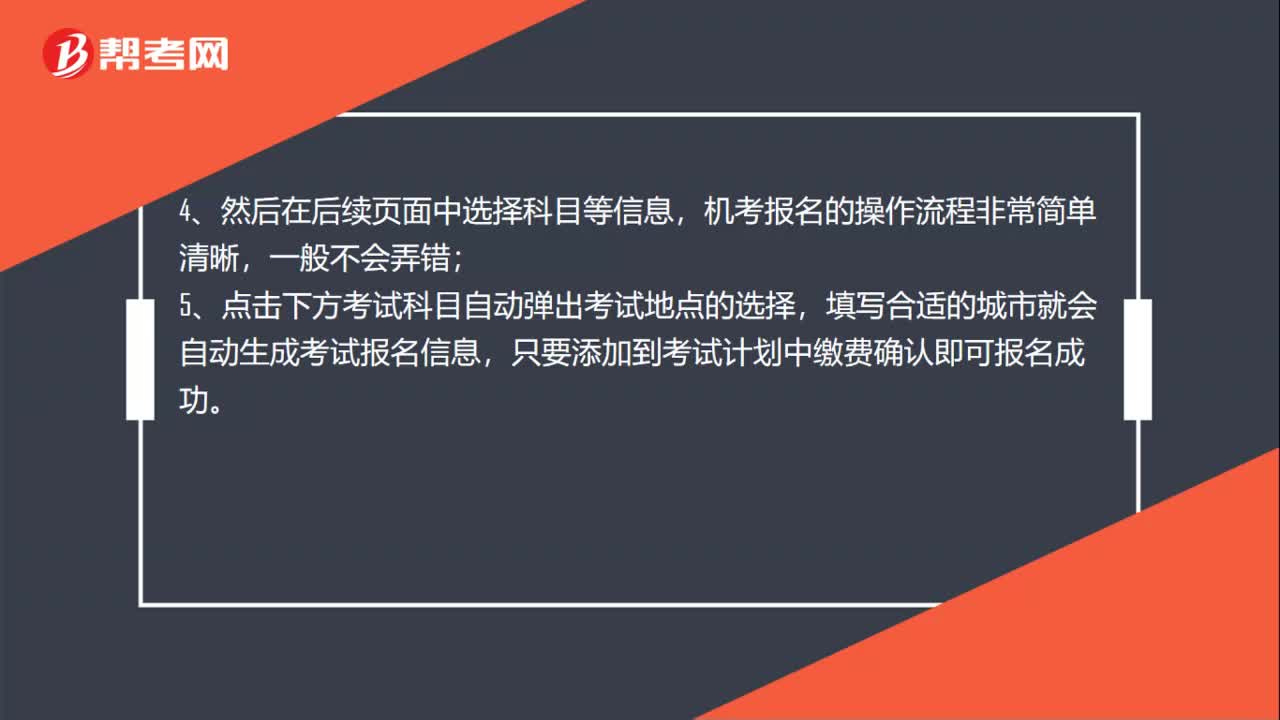 01:21
01:212020-06-04
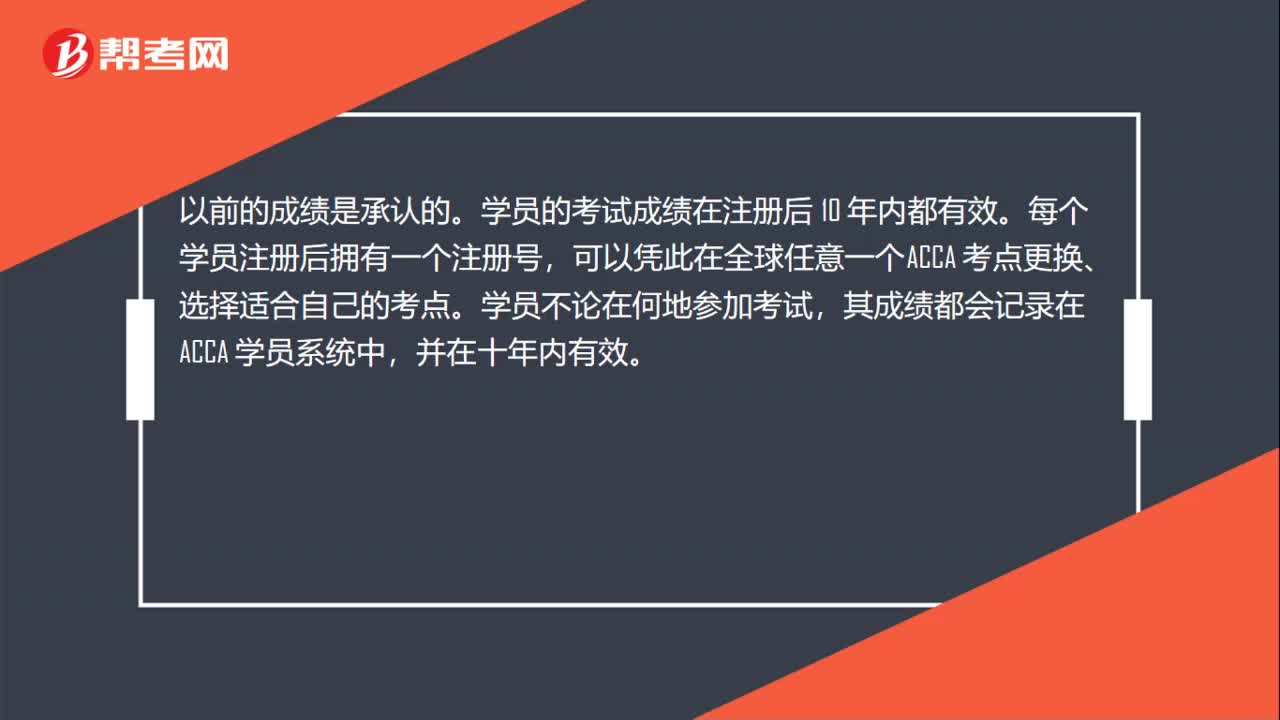 00:34
00:342020-06-04
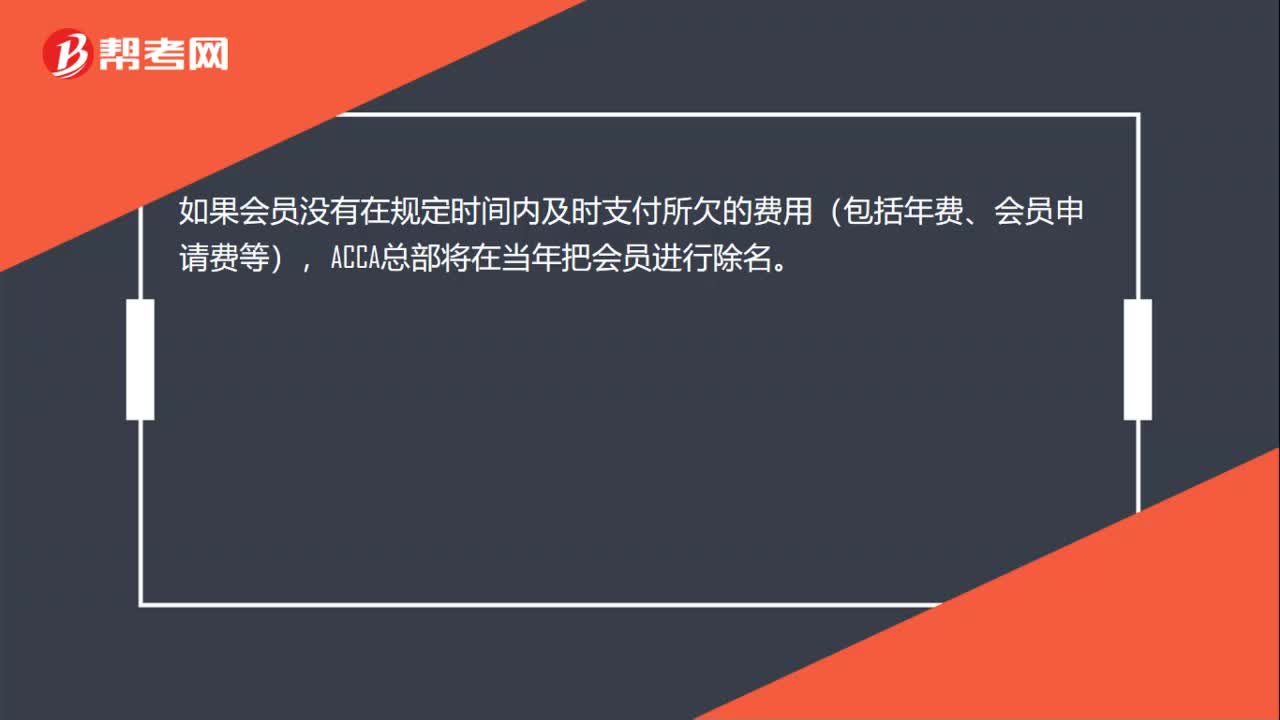 00:19
00:192020-06-04

微信扫码关注公众号
获取更多考试热门资料